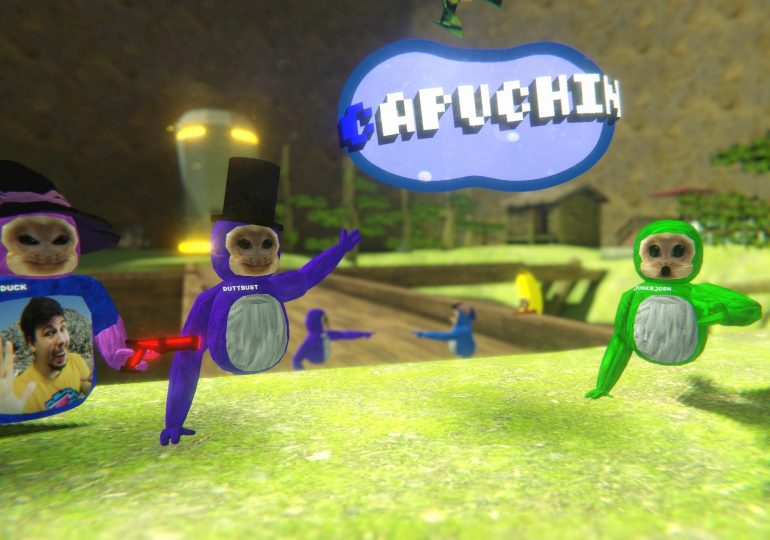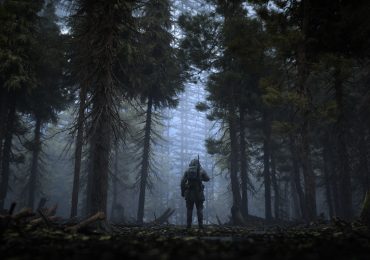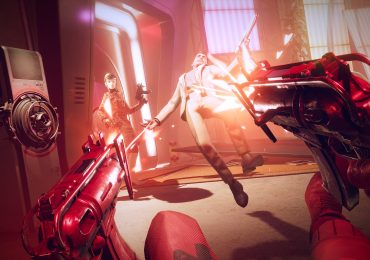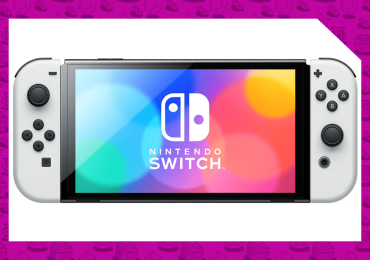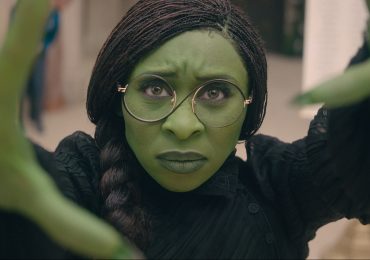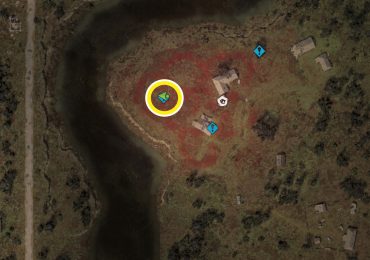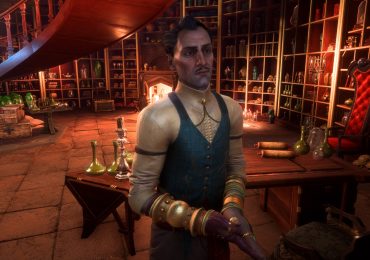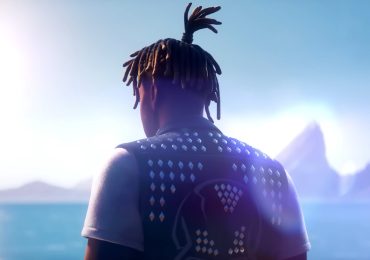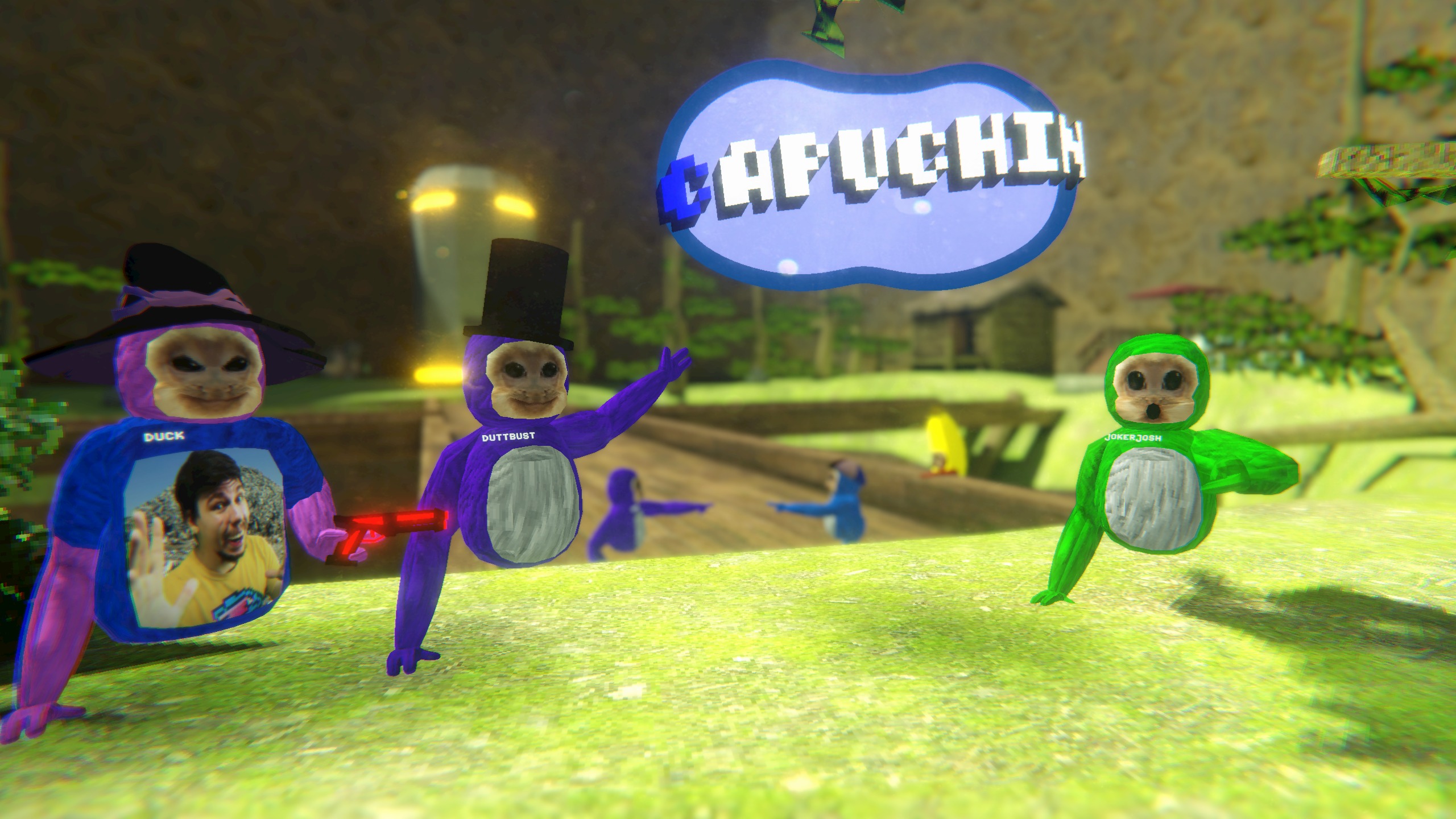
Lawyers have been furiously filing lawsuits that take on the biggest video game corporations over allegations of video game addiction: that developers and publishers intentionally make their games as addictive as possible in an effort to extract money from players. Activision Blizzard, Epic Games, Nintendo, Sony Interactive Entertainment, and Roblox have all been named in most — if not all — of the dozen-plus suits filed during the past two years.
At least 11 of the lawsuits were filed by Bullock Ward Mason, an Atlanta-based law firm that alleges on its website that the companies’ games “are intentionally designed with the help of Ph.D. behavioral psychologists and neuroscientists” to keep players active and spending money. Taken at face value, the lawsuits are an effort to hold a powerful industry accountable. (At least one lawsuit has been dismissed, but others are still pending court proceedings. Lawyers in 15 lawsuits attempted to consolidate into one mega-suit tried in a single court earlier this year, but that request was denied due to the differences in each case. Microsoft, Epic Games, Meta, and others are looking to dismiss the lawsuits and bring the different cases to arbitration; Polygon has reached out for comment.) Alongside the Activision Blizzards and Nintendos of the industry, at least one of these lawsuits levels the addiction allegations not just at large studios, but also at small studios with solo developers. One parent, on behalf of their own teen and as represented partially by Bullock Mason Ward, is suing the 14-year-old developer of a virtual reality game called Capuchin for making a game they allege is designed to be “as addictive as possible.”
James Napier, who Polygon interviewed alongside his mother, Jennifer Napier, uses the name Banana Analytics for his game Capuchin, an iteration on the popular VR game Gorilla Tag. Capuchin was released in 2022 on the Meta Quest store and has had thousands of concurrent players. Banana Analytics is now a registered company owned by Napier and his parents. Napier began developing VR games when he was introduced to Unity in 2020 — when he was 10 years old. First, he made Penguin Game, which he described as a “small VR project,” before moving on to Capuchin. Like millions of other young people, Napier played Gorilla Tag, a VR game that is exactly what it sounds like and is the inspiration for Capuchin. Gorilla Tag was released in 2021 by Another Axiom, another studio named in this particular lawsuit. Gorilla Tag is a mega-hit, pulling in 1 million daily active players as of June 2024, according to VentureBeat.
“It was made by me in my room”
“I wanted to make something that fulfilled what I felt like they were missing,” Napier said. “That’s where Capuchin popped up.” Like in Gorilla Tag, you play as a monkey, but it’s a capuchin monkey instead of a gorilla. Players chase each other around different environments and obstacles in what’s essentially a game of tag as well as a virtual social playground. Napier thought Gorilla Tag was missing a horror element, so he added that in Capuchin, too; in his game, players get chased by monsters. At its most popular, Capuchin amassed more than 10,000 concurrent players, Napier said. For reference, that’s a number that even big-budget games can struggle to reach; take the failed AAA project Concord, for instance, which topped out at 700 players on Windows PC.
“It was kind of an interesting feeling [to learn about the lawsuit],” Napier said. “It wasn’t a good feeling. But it did put into perspective how large Capuchin had become in the sense of us being also put into this lawsuit with companies that have billions of dollars.”
K.C., the alias for the minor on whose behalf the lawsuit was filed, was 12 years old when their parents issued the suit with Bullock Ward Mason. The child began playing video games at the age of 6, according to the lawsuit, and has “continued to play video games at an increasing and uncontrollable pace.” The lawyers allege that K.C. has experienced “a drop in grades, aggression, depression, anxiety, withdrawal symptoms when not playing, withdrawal from life activities, changes in eating pattern, distress, anger, poor hygiene, and physical pain in their hands, eyes, and back” due to the “brain damage, gaming addiction and harm” caused by games, according to the lawsuit. Carey Courtright, K.C.’s mother, says she’s “lost hope in her ability to control K.C.’s game playing time.”
The argument against Capuchin (and all the other companies’ games named in the lawsuit) is that it includes “significant psychological aspects to encourage continuous game play and eventually lead to addiction — especially of minors, young adults, and neurodivergent individuals.” It alleges that “Banana Analytics specifically designed Capuchin in concert with psychologists and neuroscientists to discover the best addictive aspects to include in their games, and/or based their game design on that of another game that included features designed in concert with psychologists and neuroscientists to be as addictive as possible.” The language of this allegation is nearly identical for all the games listed in the suit regardless of the studio or company that developed the game in question. It also alleges that the studios in question, including Banana Analytics, hold patents for “addictive technology.”
“It was made by me in my room,” the now-14-year-old Napier said when asked whether he consulted psychologists or neuroscientists when creating Capuchin. Polygon was unable to locate any patents through public records in Napier’s or his parents’ names. We’ve also reached out to the plaintiff’s lawyers for clarification on these allegations. Napier made the game himself, with the help of a friend or two here and there, he said. He did, of course, need his parents’ permission and help to set up the business, since he’s younger than 18. His father, Jeff Napier, helps pay the server bills and now the legal fees, too. He even had to ask his parents’ permission before adding cosmetics to Capuchin; he sells bananas that players can use to buy hats and costumes for their monkeys.
Napier declined to share how much money he’s made from Capuchin, but his mother said fighting the lawsuit has cost $15,000 — money taken from Banana Analytics’ profits. “It’s frustrating as a parent because this is James’ business money,” Jennifer said. It’s money that could have paid for college, she said, but is now being used to pay for a lawsuit. “It just sucks,” Napier added.
Napier and his mother said the experience has been stressful for their whole family, who say they have tried to contact the plaintiff’s lawyers and explain that Napier doesn’t have the resources alleged in the suit, given how the game was made. (Polygon has reached out to Bullock Legal Group on this, too.) Jennifer said she’s both proud of the success Napier has had at such a young age in game development, but feels protective over him and what that success can look like.
“One of the things [James] shared with me when he wanted to create this game, and this is what I thought was so cool and I was so proud of him as a parent, was he was just looking to fill the gaps. When he created the game, he saw the gaps in Gorilla Tag. He would hear complaints from other players when he was in the community. And that’s just what he aimed to do: create this safe, fun space for these kids to come in and play. If you look at his terms of service, he stuck to those. He had people mad at him because he was kicking people out for racial slurs, cussing, all of that,” Jennifer said.
She continued: “He’s just tried to keep it good, wholesome fun. Then being a part of this is what’s really disheartening for the gaming community. As a parent, sometimes I’m cautious and really not sure that I want him to enter into this right now, for those reasons.”
